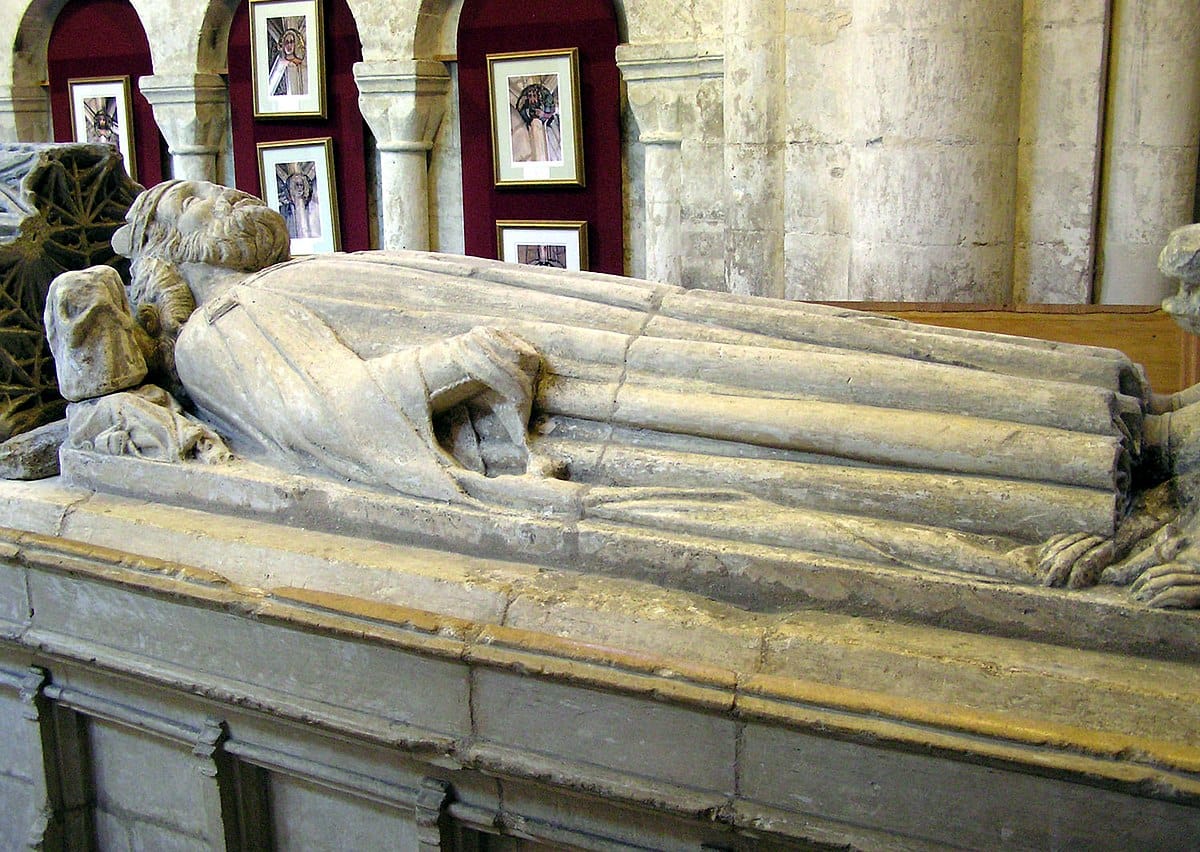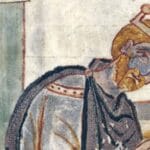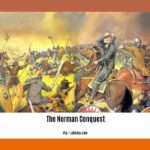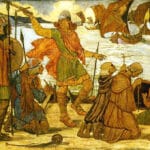Athelstan, grandson of the legendary Alfred the Great, wasn’t just another king; he was the architect of a unified England. Ascending the throne in a tumultuous era, riddled with Viking incursions and fractured kingdoms, Athelstan possessed a vision of a united and powerful England. Through strategic prowess, political acumen, and an unwavering belief in his vision, he brought together the disparate Anglo-Saxon kingdoms, laying the groundwork for the nation we know today. His reign wasn’t just about territorial conquest; it was a period marked by significant cultural, religious, and legal reforms that left an indelible mark on English history. Let’s delve deeper into the life and times of this remarkable king, understanding how his actions continue to resonate even centuries later.
King Athelstan: Bringing England Together
Picture England in the 9th century, a patchwork of separate kingdoms, each vying for dominance—a jigsaw puzzle yearning for unity. This is where Athelstan enters the scene in 895 AD. Although his grandfather, Alfred the Great, had valiantly pushed back against Viking expansion, the dream of a truly unified England remained elusive. Athelstan, inheriting not only the throne but also this ambition, embarked on a mission to transform this dream into reality.
His approach was multifaceted, combining military strength with strategic diplomacy. He understood that true power didn’t solely rest on the edge of a sword but also on the strength of alliances and the promise of mutually beneficial partnerships. Athelstan masterfully utilized both, forging alliances through strategic marriages and solidifying his position through decisive military victories.
His victory at the Battle of Brunanburh in 937 AD stands as a testament to his military prowess. This wasn’t just another battle; it was a clash of civilizations, pitting Athelstan’s Anglo-Saxon forces against a coalition of Vikings, Scots, and Britons. The victory was decisive, crushing any further resistance to Athelstan’s rule and solidifying his control over the British Isles.
However, Athelstan’s legacy extends far beyond the battlefield. He was a ruler deeply invested in cultivating a flourishing society. He championed education and the arts, amassing a vast collection of books and artifacts, effectively laying the foundation for future centers of learning. He implemented legal reforms, standardizing laws, and ensuring their application across his domain, thereby promoting justice and fairness. He even took steps to standardize currency, recognizing its significance in promoting trade and economic growth.
Despite his profound impact, Athelstan’s story remains shrouded in a degree of mystery. Historical records, while recognizing his achievements, offer limited insight into his personality, motivations, and personal life. This enigmatic aspect only adds to his allure, making him a subject of continued fascination for historians and history enthusiasts alike.
Who Was King Athelstan: Early Life and Lineage
Born in 895 AD, Athelstan’s path to kingship was not paved with privilege. The illegitimate son of Edward the Elder, he faced challenges right from the start. His illegitimacy cast a shadow, fueling opposition from factions within the court. However, Athelstan possessed an innate political astuteness and a natural talent for military strategy. These qualities, combined with his undeniable charisma, earned him the respect and admiration of those around him.
He honed his skills during his youth, actively participating in campaigns led by his father. This firsthand experience provided valuable insight into leadership, diplomacy, and the art of warfare, preparing him for the challenges that lay ahead. When his father, Edward the Elder, passed away in 924 AD, Athelstan ascended to the throne. Despite initial challenges to his legitimacy, he was crowned king at Kingston-upon-Thames. This was a watershed moment, marking the beginning of a reign that would redefine England’s destiny.
The Reign of King Athelstan: From Unification to Expansion
Athelstan inherited a kingdom on the brink of greatness, yet still fragmented. The unification initiated by his grandfather remained incomplete. Recognizing the urgent need to consolidate his power and forge a unified England, Athelstan embarked on a series of strategic campaigns.
His campaign to conquer York, a Viking stronghold, proved to be a pivotal moment in his reign. The capture of York in 927 AD effectively brought to an end Viking dominance in the region and paved the way for the integration of Northumbria into his burgeoning kingdom. It was a statement—a declaration of Athelstan’s authority and a symbol of the emerging united England.
Athelstan’s ambition extended beyond the borders of what we now know as England. He saw himself as a ruler on the world stage, engaging in diplomacy and forging alliances with continental powers. He understood the importance of securing his kingdom’s position in a complex geopolitical landscape.
His reign witnessed a remarkable flourishing of culture and learning. As a devout Christian, Athelstan actively promoted the Church, commissioning magnificent religious texts, and supporting the establishment of monasteries. These monasteries, such as the renowned Glastonbury Abbey, became centers of learning, preserving knowledge, and fostering intellectual growth.
Furthermore, Athelstan undertook significant legal reforms, introducing a unified legal code that aimed to establish justice and order throughout his realm. He understood that a strong and prosperous kingdom required a solid legal framework.
King Athelstan’s Military Prowess: Victories and Legacies
Athelstan’s military achievements were not merely a consequence of brute force but rather a testament to his strategic acumen and ability to command respect and loyalty. His army, a formidable force comprising soldiers from across his unified kingdom, benefited from his innovations in military organization and tactics.
The Battle of Brunanburh, fought in 937 AD, stands as the pinnacle of his military career. Facing a formidable coalition of Viking, Scottish, and Irish forces, Athelstan’s victory was nothing short of decisive. The scale of the battle and the magnitude of his victory resonated throughout Britain and beyond, solidifying Athelstan’s reputation as a military genius and establishing Anglo-Saxon dominance. This victory ensured the security of his realm and marked the end of any serious challenge to his rule.
Athelstan’s military legacy extends beyond individual battles. He understood that a strong military was essential for not only defense but also for deterring potential aggressors. He oversaw the expansion and modernization of the Anglo-Saxon navy, recognizing the importance of sea power in protecting his realm from Viking raids and projecting English power abroad.
While his military achievements were undoubtedly significant, it’s crucial to remember that Athelstan’s true legacy lies in his vision of a united and prosperous England. He skillfully combined military power with diplomacy, religious devotion with legal reforms, and cultural patronage with economic innovation to create a kingdom that was both powerful and admired.
You can learn more about the fascinating character Aethelstan in Last Kingdom by clicking this hyperlink.
- Senior at What Age: Benefits & Eligibility Guide - March 29, 2025
- Unlocking Senior Benefits: How Old is a Senior? Your Complete Guide - March 29, 2025
- Master Russian Politeness:A Guide to Saying Please - March 29, 2025
















